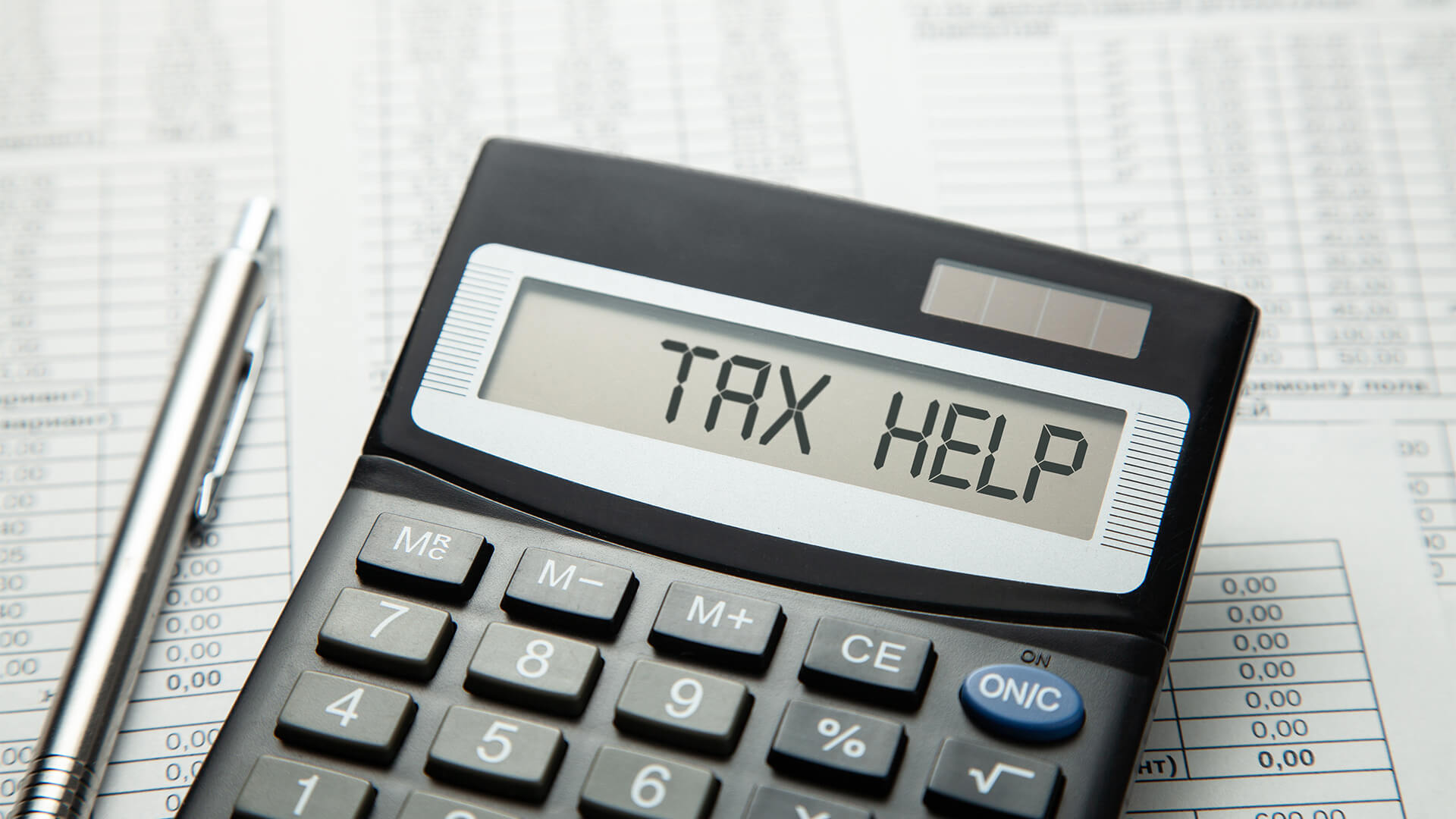
It is the responsibility of businesses and individuals to file their tax returns and ensure all taxes are paid on time. Typically, tax returns are filed with no issues, although occasionally the Inland Revenue Service (IRS) and local tax authorities may notice problems with a tax return that they wish to investigate by carrying out an audit.
Tax audits can be done by mail or office visits and IRS agents usually only focus on certain items in a tax return, which they will likely request supporting documents for to confirm their accuracy.
Sometimes, tax audits can become complicated, time-consuming, and even costly if fines are imposed, this is especially the case when a taxpayer is unprepared for an audit.
Even though there is always a risk of being given notice of an audit, there are several tax problems and ways to solve them that every taxpayer should be aware of, which you can read more about in this article.
Poor Record Keeping
One of the most common causes of receiving an audit notice is inaccurate, missing, or suspicious items either in the recorded income or deductible items sections of a tax return. Therefore, to ensure all their records are accurate and honest, a taxpayer should ask themselves questions like ‘How Long Should You Keep Tax Records in Case of an Audit?’, ‘Which records are the most important?’ and ‘What should you do when records are missing?’. According to federal law, taxpayers are required to keep copies of tax returns for three years, however, some audits where the IRS suspects someone has underreported their income by more than 25 percent, may request records from as far back as 6 years.
Messy record-keeping can make it difficult to find documents that support the accuracy of a tax return and increase the chance of being audited. On the other hand, well-organized financial records can make an audit a small affair, the documents and records a taxpayer should carefully collect and store include bills, canceled checks, employment records, ledgers and logs, legal papers, loan agreements, receipts, and shareholding income.
Overestimation of Donations
Charitable donations are encouraged by the IRS as they offer a deduction in return for donating cash, clothes, food, and other essentials. One problem that arises from this is that the value of the donated goods is determined by the taxpayer when filing a tax return, and as a result, the value may end up being excessively inflated leading to a larger deduction that someone may not be entitled to. Ideally, the IRS prefers to see taxpayers value donated items at between 1% and 30% of the price they were purchased for.
Mathematical Errors
Another common mistake found in tax returns that will gain the attention of the IRS is math errors due to columns not adding up or calculations for items such as capital gains not being completed correctly. Therefore, it is vital that taxpayers carefully check over their tax forms to ensure all the calculations and total figures are correct.
Failing to Report Income
Reducing the amount of declared income may be tempting for some taxpayers when filing time comes around as it would decrease their tax liability. However, this is not recommended by accountants and tax experts, and if someone gets caught by the IRS for failing to report income they will have to pay back taxes, a fine, and interest on the money owed.
Filing a Tax Return Late
It is important to complete and file a tax return before a deadline set by the IRS expires, typically the filing deadline is in April, May, or June with the 2020 deadline being May 17, for example.
Taxpayers that fail to file their returns and pay any owed taxes by deadline day will be liable to pay interest and penalties. The penalty for late filing is 5% of the unpaid taxes for each month of lateness.
Taxpayers can apply for an extension, usually until the autumn, to provide them with more time to complete and file their returns, although they will be charged a penalty of 0.5% of unpaid taxes and interest.
Overdoing Expenses
Businesses and individuals alike can claim for deductible costs and expenses which can reduce the amount of tax owed, examples of deductibles are expenses related to clothing, a home office, education, donations, and travel.
Whilst it is fair to list work-related expenses in a tax return, people must also be careful not to list items that could be deemed as personal expenses as these cannot be legitimately claimed and will be highlighted by the IRS for an audit.
Filing a tax return is something that everyone must do on an annual basis and most of the time things go smoothly, tax is paid on time and the IRS is satisfied. Unfortunately, occasional errors are made when filing tax returns which can cause problems and potentially an IRS audit, however, this can be avoided if taxpayers remain aware of the possible mistakes when completing returns so they can learn to avoid them.
























